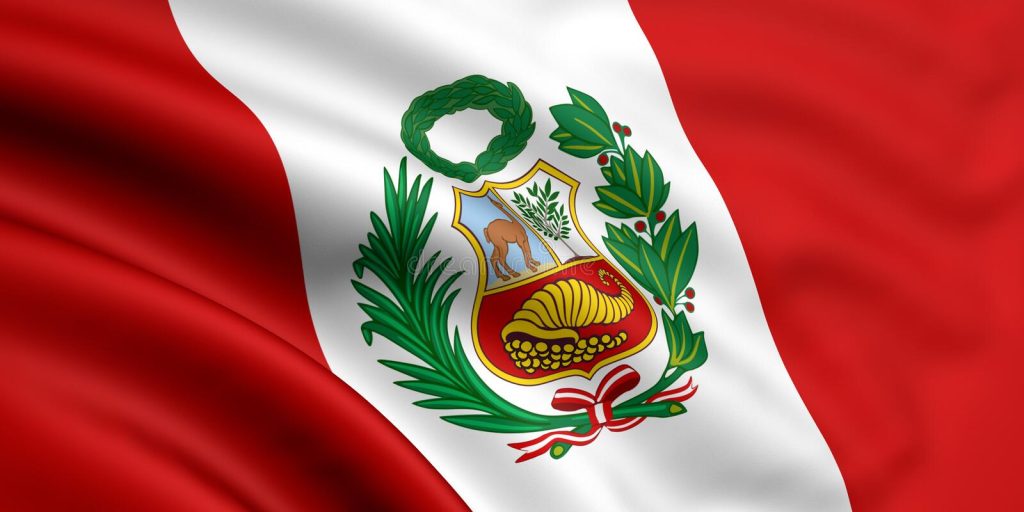To facilitate the use of IP tools in Peru, the Defence of Competition and Intellectual Property Protection (Indecopi) has signed into a number of new partnerships.
Cooperation with Industrial Property offices
On October 5, 2022, Indecopi and Chile’s National Institute of Industrial Property signed a partnership agreement to work together to promote the use of IP tools. As a result, the partnership strives to accelerate both nations’ economic development. The five-year partnership was preceded by a memorandum of agreement on bilateral cooperation that was signed on October 2, 2017.
A partnership between Indecopi and the Swiss Federal Institute of Intellectual Property was established on October 11, 2022. This development comes after the Peruvian-Swiss Project on Intellectual Property went into effect in June 2019. It aims to help parties in the commercial, academic, and non-profit sectors better utilize their intellectual property rights (such as their trademarks, patents, and copyrights) to promote their advancement. The project will include the commercial sector and research institutions making better use of the industrial design and patent systems; advancement of Peru’s systems for guaranteed traditional specialties, geographical indications, collective trademarks, and appellations of origin; increased understanding of copyright tools among persons in the creative industries and those in charge of enforcing them; and support for the government’s initiatives to promote the protection of traditional biological resource knowledge.
On October 4, 2022, Indecopi and the World Intellectual Property Organization signed an IP agreement. The IP agreement intends to foster the use and registering of collective trademarks, particularly by entrepreneurs and small businesses, and improve the competencies of the staff involved in the technology and innovation support centers that WIPO, through Indecopi, supports at universities and research facilities all around Peru.
The agreement is expected to result in the implementation of the above programs and projects aimed at deepening understanding of both national and international laws governing intellectual property, consumer protection, and competition policies.

